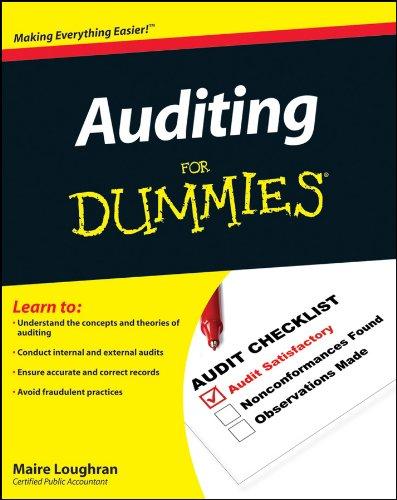Question
Question 1 The Affordable Care Act benefited health insurance companies by providing them with more paying customers and new government subsidies. Question 1 options: True
Question 1
The Affordable Care Act benefited health insurance companies by providing them with more paying customers and new government subsidies.
Question 1 options:
| True | |
| False |
Question 2
Immigration reform efforts are complicated by the complexity and interconnectedness of the issues raised by immigration policy.
Question 2 options:
| True | |
| False |
Question 3
Foreign policy conflicts tend to center around differences in material interests between competing groups.
Question 3 options:
| True | |
| False |
Question 4
Since the end of the Cold War, U.S. foreign policymakers have increasingly embraced reductions in tariffs and other trade barriers.
Question 4 options:
| True | |
| False |
Question 5
Which of these incentives do health insurance companies have?
Question 5 options:
| |||
| |||
| |||
|
Question 6
Which of these factors has given elected officials a reason to pursue healthcare reform?
Question 6 options:
| |||
| |||
| |||
|
Question 7
Which factor contributes most to rising costs for healthcare providers like doctors, hospitals, and clinics?
Question 7 options:
| |||
| |||
| |||
|
Question 8
Which of these immigration policies would a liberal be much more likely than a conservative to support?
Question 8 options:
| |||
| |||
| |||
|
Question 9
Which of these two groups are most likely to AGREE on a plan to provide amnesty for illegal immigrants?
Question 9 options:
| far-right Libertarians and far-left Socialists | |
| Tea Party Republicans and progressive Democrats | |
| mainstream Democrats and moderate Republicans | |
| ultra-liberal Democrats and conservative Republicans |
Question 10
Which of these facts demonstrates a commitment to the Wilsonian tradition of foreign policy?
Question 10 options:
| |||
| |||
| |||
|
Save
Question 11
Which of these actions would fit within the Global Meliorist tradition of foreign policy?
Question 11 options:
| |||
| |||
| |||
|
Question 12
Which of these factors most seriously complicates the implementation of U.S. foreign policy?
Question 12 options:
| a steady reduction in foreign-aid funding since the end of the Cold War | |
| the weakening of U.S. alliances resulting from the policies of the Trump administration | |
| the differences between the institutional cultures and missions of the Defense and State Departments | |
| the influence that wealthy donors exert over the foreign-policy decision-making process |
Step by Step Solution
There are 3 Steps involved in it
Step: 1

Get Instant Access to Expert-Tailored Solutions
See step-by-step solutions with expert insights and AI powered tools for academic success
Step: 2

Step: 3

Ace Your Homework with AI
Get the answers you need in no time with our AI-driven, step-by-step assistance
Get Started


